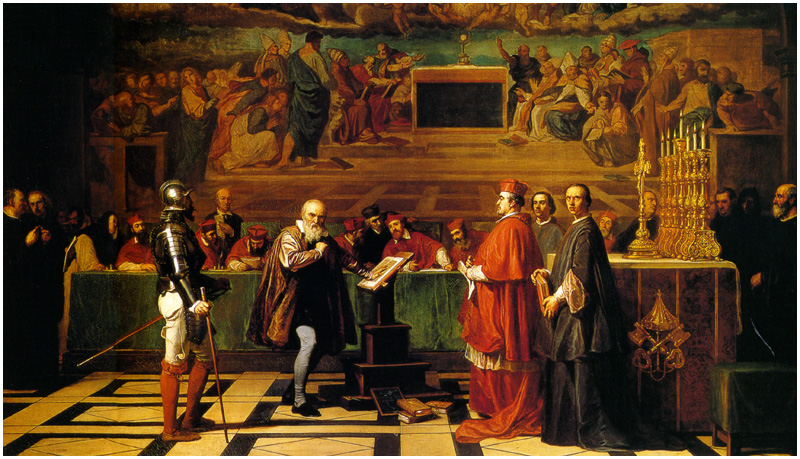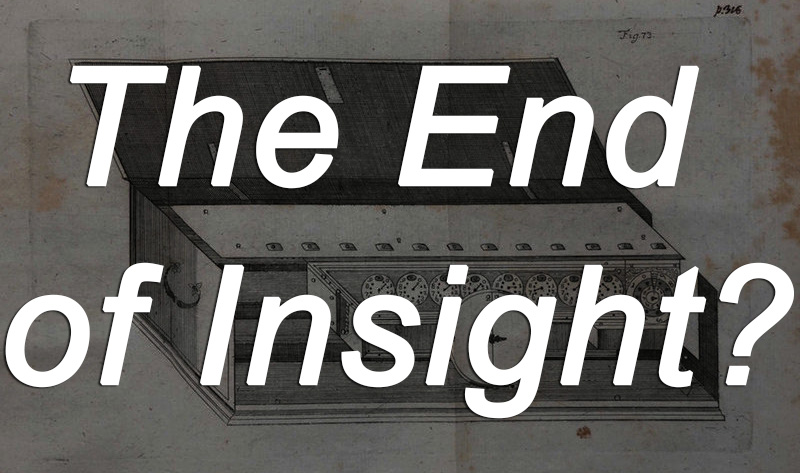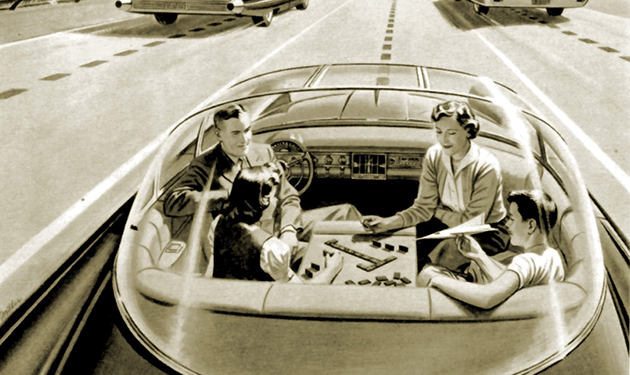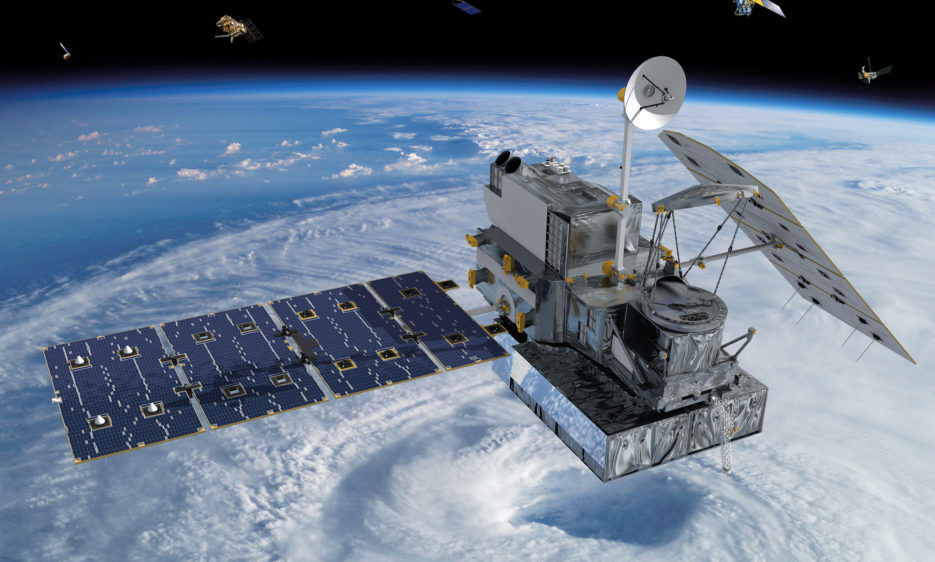CSPO Events CSPO in DC
- December 09, 2016
New Tools for Science Policy
Future Conflict & Emerging Technologies
This New Tools seminar explores the rapidly evolving environment for conflict, examining how destabilizing geopolitical factors and fast-moving technologies are making familiar institutions and assumptions questionable, if not obsolete.
Rapid advances in technology are making the world more complex, interconnected, and dangerous—while undermining the long-standing tools, institutions, and assumptions we have developed to manage conflict. From the digital frontier of cyber conflict to the use of autonomous lethal military robots, the arenas, actors, and objectives of modern conflict are changing in unpredictable ways. Political upheavals at home and abroad have only intensified the sense that we are entering uncharted territory.
Navigating this new geopolitical landscape requires understanding how emerging military and security technologies can affect strategy, warfare, and geopolitics. For our next New Tools for Science Policy seminar, join ASU Professor Braden Allenby and The Intercept national security reporter Sharon Weinberger as they discuss the shifting dynamics of modern conflict.Braden Allenby, Sharon Weinberger
- January 27, 2017
Confronting Scientific Controversies: Do Facts Matter?
Launch event for the Winter 2017 Issues in Science and Technology

In science journalism, topics like genetically modified organisms, climate change, and vaccines have become so controversial that reporting on them can endanger one’s career. How have we gotten here? What are the consequences of such a toxic situation? What deeper disagreements are at play in these scientific controversies? Will understanding them help society address these broader issues?
Keith Kloor, Dan Hicks
- March 21, 2017
New Tools for Science Policy
Understanding Biomedical Innovation
Robert M Cook-Deegan
- March 29, 2017
The End of Insight?
Ed Finn launches the Spring 2017 "Issues in Science and Technology" in this CSPO Conversations event

Drawing from his essay in the Spring 2017 Issues in Science and Technology and from his new book, What Algorithms Want: Imagination in the Age of Computing, Ed Finn will explore how computer-generated knowledge is affecting scientific research, and how humans can become better users and architects of these powerful algorithms.
Edward Finn
- April 19, 2017
New Tools for Science Policy
Unlocking Human Potential and the Role of Innovation
How can game playing improve our ability to make complex decisions?
Navigating our increasingly complex world can be a frustrating task, even for the most well educated and technologically literate. Assessing risks, understanding causality, and making the right decisions are challenging not only for individuals, but for our communities and institutions as well. Despite our best efforts, sometimes these responsibilities become overwhelming. This can lead to disengagement, apathy, and abandoning school or the workforce—producing broken, marginalized communities as these effects ripple out into society.
Powerful new innovations, such as game-enabled platforms and services, coupled with research on the art and science of learning, provide us an unprecedented opportunity to provide support for all individuals to realize opportunities and unlock futures that are meaningful to them.
S.A. Barab
- May 09, 2017
New Tools for Science Policy
Sorry Officer, I Wasn’t Driving—My Car Was
What are the legal and regulatory implications for automated vehicle technologies and driverless cars?
Diana Bowman
- October 13, 2017
Science & Religion—Exploring the Harmonies
A Media Perspective with Writers and Editors from The Atlantic, The Washington Post, The Weekly Standard
Science and religion co-exist in our world in many complex, interesting, and productive ways beyond the caricature of conflict and contradiction. Join us for readings, conversations, and the launch of “Science and Religion: Exploring the Harmonies”—the special fall issues of Creative Nonfiction and Issues in Science and Technology magazines.
- March 16, 2018
How the Public Can Inform Science and Technology Policy
The Case of Planetary Defense
- April 11, 2018
New Tools for Science Policy
Autonomous Vehicles: Keeping the Public in the Driver’s Seat
How citizen deliberations in the US and Europe can inform the future of this technology

In this talk, David Tomblin (University of Maryland, College Park), Mahmud Farooque (Arizona State University), and Jason Lloyd (Arizona State University) will discuss their recent project to explore community perspectives on the development and deployment of self-driving vehicles. Self-driving cars are a global phenomenon, and Europe has taken the lead on bringing citizen insights into the technology’s development. Yves Mathieu and Antoine Vergne from Missions Publiques in Paris will discuss the results of five simultaneous community forums held throughout France.
Yves Mathieu, Antoine Vergne, David Tomblin, Mahmud Farooque, Jason Lloyd
- May 29, 2018
New Tools for Science Policy
The Transformative Impact of NASA’s User-Focused Data

Vanessa Escobar